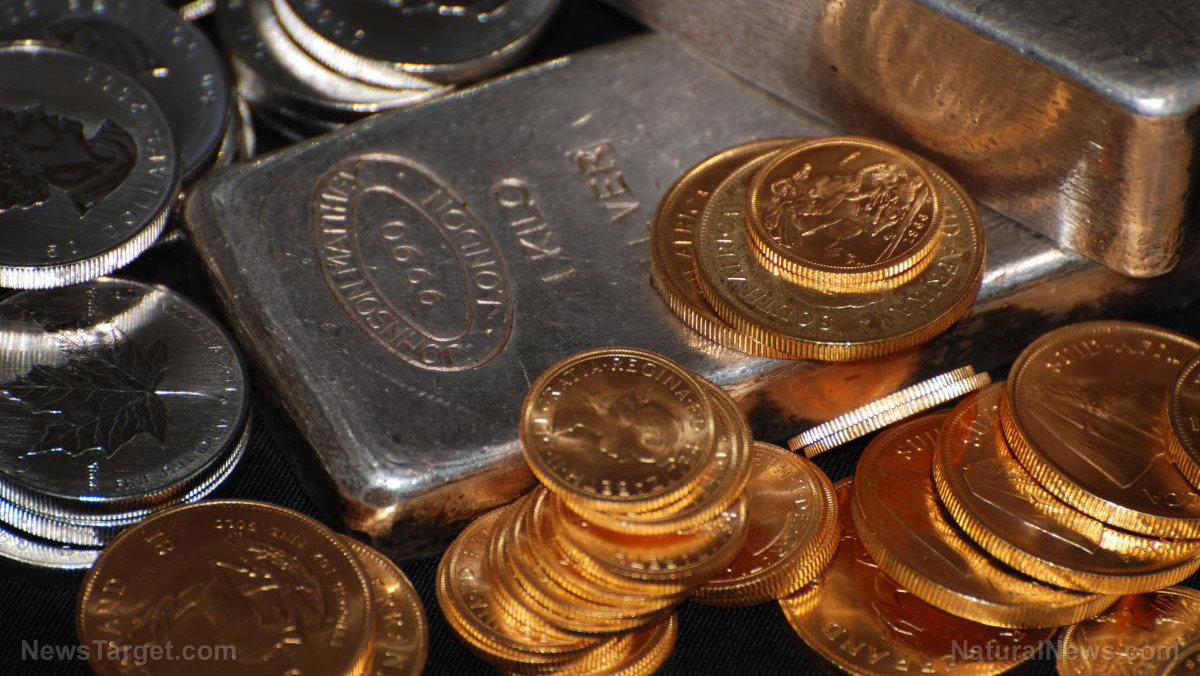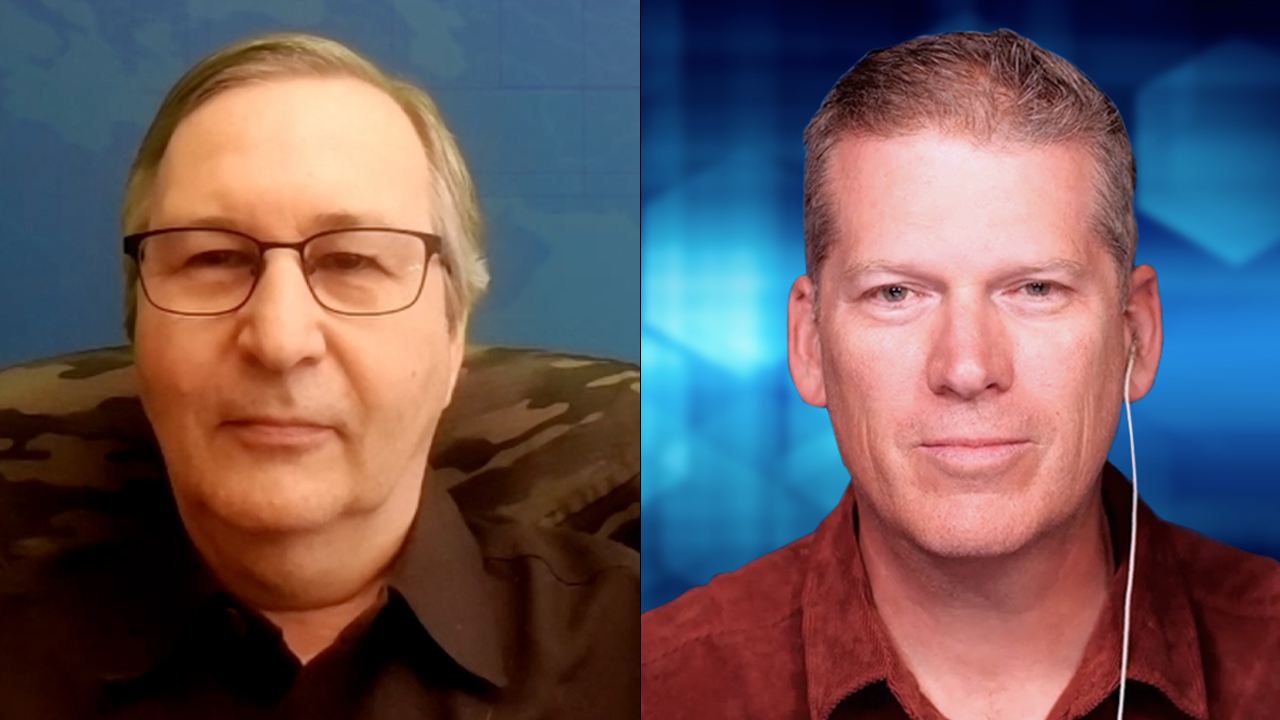 Parler
Parler Gab
Gab
Nebraska Ends Income Taxes On Gold And Silver, Declares CBDC’s Are Not Lawful Money
With Gov. Jim Pillen’s recent signature, Nebraska has become the 12th state to end capital gains taxes on sales of gold and silver. LB 1317 is the fourth major sound money bill to become law… pic.twitter.com/dYYucrBrvY — Jim Ferguson (@JimFergusonUK) May 13, 2024
LB 1317: CBDC is not lawful money
Meanwhile, LB 1317 revises the state's formal definition of money by excluding central bank digital currency (CBDC) from the state's currency: "Money does not include central bank digital currency." The new law defines CBDC as a digital medium of exchange, token or monetary unit of account issued by the United States Federal Reserve System or any analogous federal agency that is made directly available to the consumer by such federal entities. CBDC includes a digital medium of exchange, token or monetary unit of account so issued that is processed or validated directly by such federal entities. According to Hansen, "We have to be extra vigilant in our assessment and application of a Central bank digital currency to make sure they do not become a danger to our freedom. That's why we defined in LB 1317 that CBDCs are not classified as currency in Nebraska, which should help protect against unwarranted mandates for their use in the future." (Related: Trump vows to prevent the Federal Reserve from creating an American CBDC.) Cortez also tackled in his testimony the potential risks of adopting a CBDC and this includes creating a greater ability to track all financial transactions, disallowing certain types of purchases, or even completely "turning off" a targeted individual’s access to money. Nebraska is ranked 22nd in the 2024 Sound Money Index. Check out GoldReport.news for more stories related to gold, silver and other precious metals.Sources for this article include:
Mises.org FXStreet.comUK government praises neo-Nazi Ukrainians in parliament
By Cassie B. // Share
WHO tyranny threatens health sovereignty
By News Editors // Share
Another Oregon county votes to join conservative Idaho and secede from crime-infested blue state
By Belle Carter // Share
Godfather of AI urges U.K. government to adopt Universal Basic Income (UBI) for adult Britons
By Belle Carter // Share
OpenAI disbands team dedicated to addressing AI DANGERS
By Ramon Tomey // Share
Governments continue to obscure COVID-19 vaccine data amid rising concerns over excess deaths
By patricklewis // Share
Tech giant Microsoft backs EXTINCTION with its support of carbon capture programs
By ramontomeydw // Share
Germany to resume arms exports to Israel despite repeated ceasefire violations
By isabelle // Share










